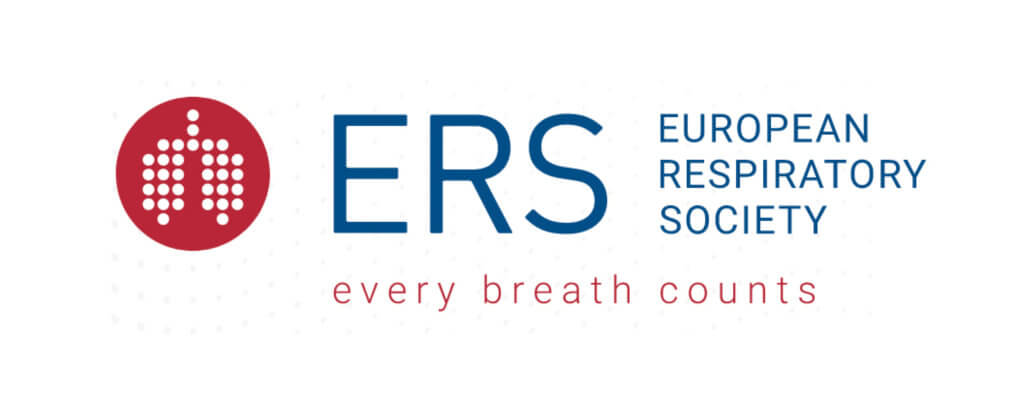
Professor David Kiely is Director of the Pulmonary Vascular Disease Unit at the Royal Hallamshire Hospital:
“From a physiological perspective, doing more exercise means you can extract oxygen more effectively, and if you train the muscles, you can get more out of what’s circulating around the body. So, there is a very strong scientific rationale for exercise training in patients with pulmonary hypertension.
Some people might ask why (as nurses and doctors) we can’t just signpost a patient to a local rehabilitation programme. But having an individual [in the form of a specialist] with so much experience, who can actually tease out the important issues, is really important.
Whether it’s related to the impact the PH has on their cardiopulmonary system, or other problems related to joints and so on, specialist rehab is a really important aspect of holistic care for our patients.”

Joanna Ford is a Research Therapist at the Golden Jubilee National Hospital in Glasgow. She helped design the UK’s first PH-specific exercise training programme, delivered by the Scottish Pulmonary Vascular (SPVU):
“I believe that physical education and exercise training are an essential aspect of patient care and should be a standard component of the Pulmonary Hypertension (PH) patient journey.
There is now strong evidence that supervised, individually tailored pulmonary rehabilitation can improve exercise capacity, quality of life and breathing function in PH.
Unfortunately, there are wide variations in practice and many PH patients are never seen by a specialist physiotherapist or pulmonary rehabilitation team. This can leave them without the skills to cope with the physical limitations associated with the condition. This situation has been greatly exacerbated by the ceasing of rehabilitation classes due to the COVID-19 Pandemic.
There is mounting evidence to show that supervised exercise therapy is safe and effective for patients with PH. I am hopeful that rehabilitation will become established as a treatment and offered routinely by all PH centres in the future.”

Chartered Physiotherapist Anna Lowe is Programme Manager for the National Centre for Sport and Exercise Medicine and an Associate Professor at Sheffield Hallam University.
“For people with long-term conditions, exercise is a very powerful way to manage many of them, and to reduce or limit the progression of some of them.
It’s an injustice [that people with PH have limited access to specialist rehab provision in comparison with some other disease areas] and it’s something that needs to be changed.
The work that’s been done [by specialist physios in PH] has been brilliant because it’s one of those conditions where you are starting from a position of everyone being so fearful of it, so you need to turn the ship around.
And that’s one of the reasons that having a specialist in post is particularly important, because there is such a change of mindset required. People are on a very medicalised pathway – so having credible messengers in the shape of people they really trust is very important.”

The European Respiratory Society’s statement on exercise training and rehabilitation in patients with severe chronic pulmonary hypertension (2019):
“As exercise training appears to be effective, cost-efficient and safe, but is scarcely reimbursed, support from healthcare institutions, commissioners of healthcare and research funding institutions is greatly needed. There is a strong need to establish specialised rehabilitation programmes for PH patients to enhance patient access to this treatment intervention”
(Grünig E, Eichstaedt C, Barberà J-A, et al. ERS statement on exercise training and rehabilitation in patients with severe chronic pulmonary hypertension. Eur Respir J 2019; 53: 1800332)